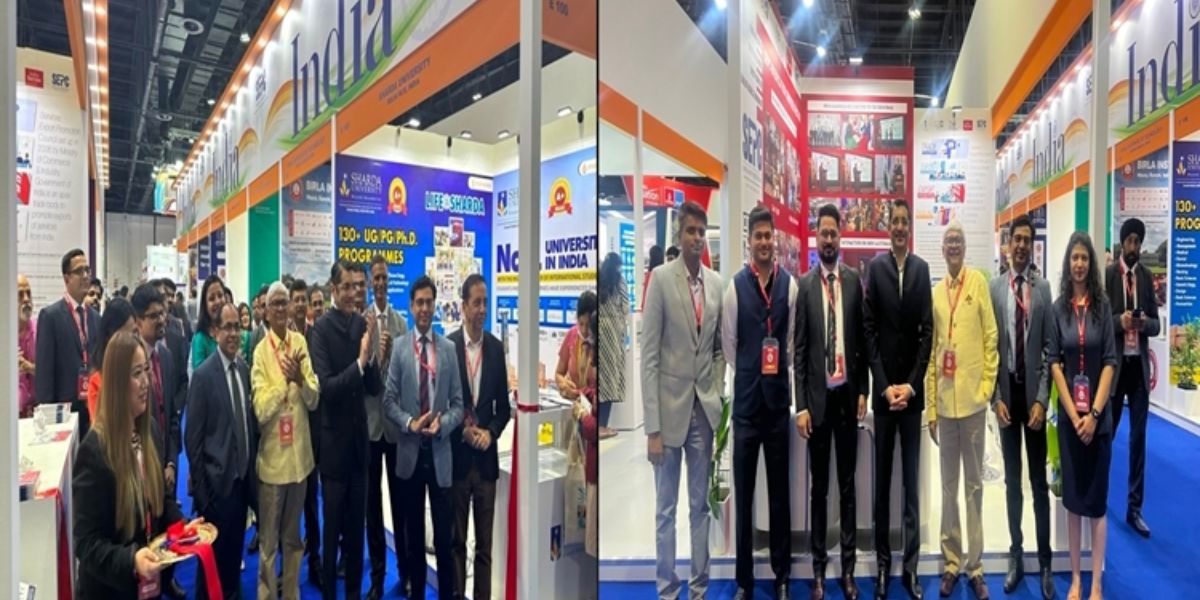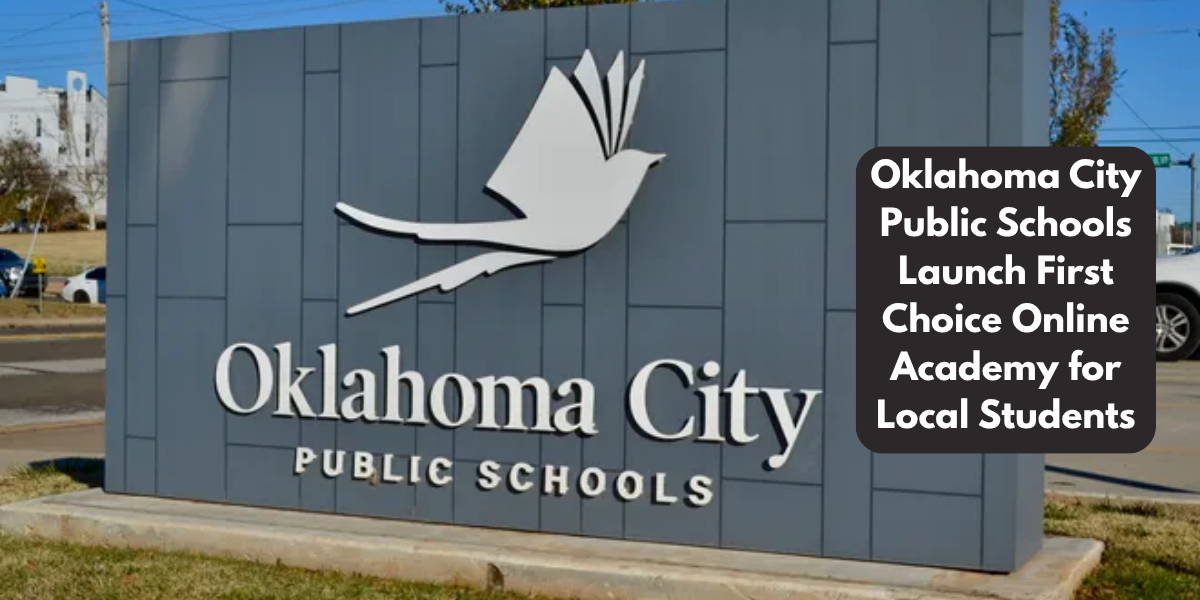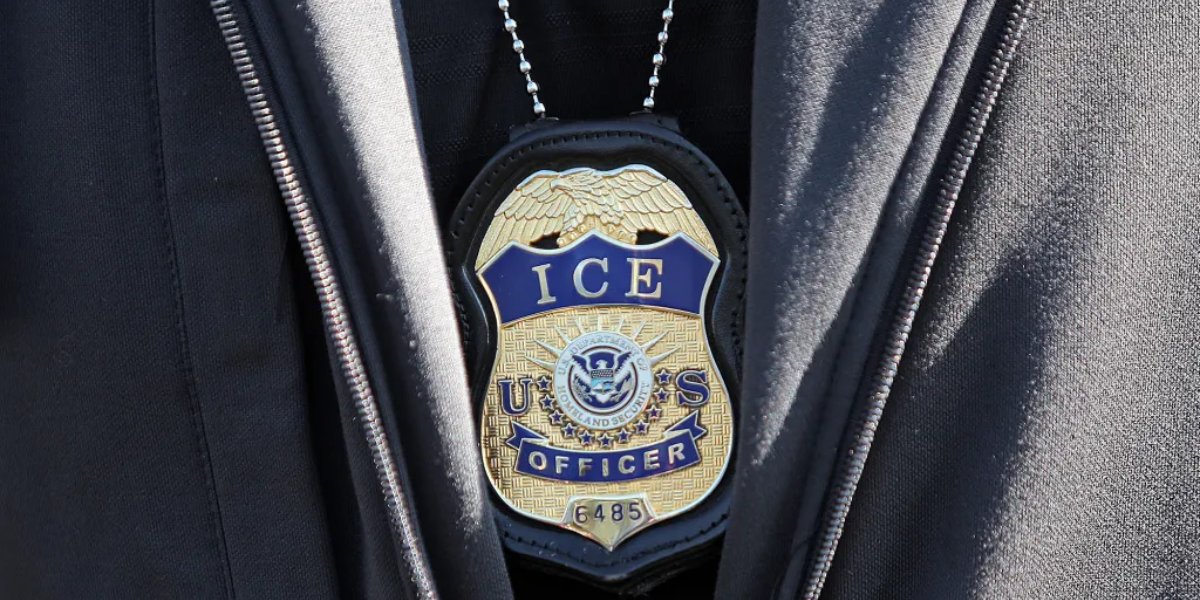Back in the 90s Pepsi was involved in a chaotic situation in the Philippines, with protests, deaths and thousands of lawsuits. What happened was that Pesis wanted to promote a campaign called Number Fever, in which consumers could win money if the number on their Pepsi bottles was the same as the one announced on tv. However, this situation wasn’t as simple as it should have been… a production mistake at ABS-CBN made people believe the number 349 was the winner, but it wasn’t.
Although people complained about this situation, the Supreme Court of the Philippines exonerated Pepsi-Cola Products Philippines, Inc. (PCPPI).
The Pepsi v. Coca-Cola war came way before the 90s, but this Philippines issue coincided with this ongoing war back then and it was investigated by media like Bloomberg, Los Angeles Times and the journalist Jeff Maysh. This is considered one of the worst catastrophes in modern marketing. So, let’s see more in detail what happened with the company in the Philippines.
Like winning the lottery
In the Philippines, Pepsi decided to attract the attention of millions of people across the country by announcing a huge prize, ranging from small amounts in cash or the big deal one million pesos (about US$40,000), that consumer could win if their Pepsi bottles’ number coincided with the one announced on tv.
This was a big deal for Philippines citizens because the average monthly salary in 1992 was about US$100, so winning that much money was a dream come true. According to reports, sales of its products increased by 40%, which initially led to the promotion being seen as a huge marketing success…
349 error
On May 25, 1992, the ABS-CBN television network, during its TV Patrol program, announced that the jackpot winning number was 349. So, you can imagine how excited and happy people who bought a Pepsi with that number were.
However, a very serious production error occurred: that number had been accidentally printed on hundreds of thousands of bottles (from 600,000 to 800,000 caps). There should only be a couple of jackpot-winning caps, but due to a flaw in the printing process, hundreds of thousands of people suddenly thought they had won a million pesos.
Immediate chaos
Faced with this avalanche of winners, the company had no way to pay the prizes. The losses would have been astronomical: billions of dollars in payouts that had never been planned. In response, the company offered “349” cap holders a token compensation of about $20 per cap as a gesture of goodwill.
But this response was not enough for many Filipinos. Some had celebrated their supposed prize, made plans, or even borrowed money in the hope that they could pay it back with their “prize”. Realizing they would not receive the one million pesos prize, disappointment turned to outrage.
Violence
Despite its attempts to calm the situation, Pepsi was unable to contain the public anger. The situation quickly got out of control with marches, protests and riots organized in various parts of the country. Some of these protests turned violent:
- In one incident, a grenade thrown toward a Pepsi truck ricocheted and exploded, killing a 5-year-old girl and a teacher nearby.
- In another tragic event, three Pepsi employees were killed when a grenade exploded at a Pepsi factory.
Lawsuits against the company
A year after the scandal, Pepsi faced thousands of legal actions: Nearly 700 civil lawsuits and more than 5,000 criminal complaints were filed. Also, a group of affected people, called Ugnayan 349, managed to win a judgment ordering Pepsi to pay 10,000 pesos to each member.
However, after multiple appeals and court proceedings, the Supreme Court of the Philippines ruled in 2006 in favor of Pepsi, finding that the 349 caps without the security code were invalid and that the company had no legal obligation to pay additional rewards or compensation.
No good for Pepsi’s reputation
Although Pepsi avoided paying billions of dollars, the damage to its reputation in the Philippines was enormous and long-lasting.
According to Bloomberg journalist Jeff Maysh, the incident forever changed many Filipinos’ relationship with the brand. Even today, more than 30 years later, there are still people who do not consume Pepsi products, and for some generations, the brand name is related to deception and tragedy. Maysh points out that, for many, “Pepsi is a taboo word.”
What an incredible and tragic story, right? Many people were fighting for what they thought belonged to them. Now, imagine yourself experiencing this situation, what would you have done?




